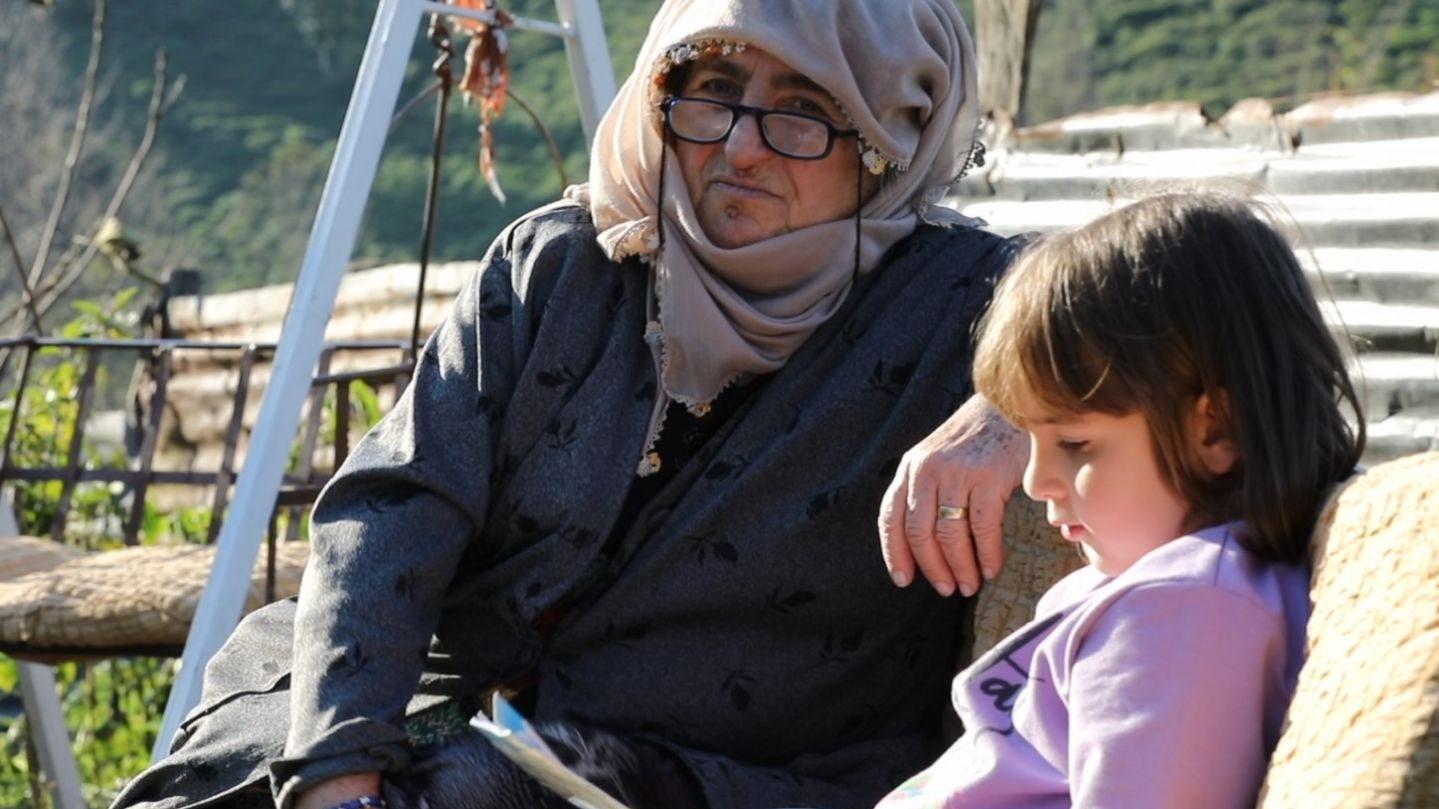
For the love of languages: Meeting on minority tongues in Türkiye
Türkiye has a had mixed relationship with its minority communities over the years. Historical traditions, including the Ottoman Millet system, accommodated and welcomed diversity, giving religious communities such as Christians and Jews the freedom to practise their religions and a degree of autonomy to regulate their own affairs under the overall supremacy of the Ottoman administration.
The Lausanne Treaty of 1923, which led to the international recognition of the sovereignty of the new Republic of Türkiye as the successor state to the Ottoman Empire, remains the backbone of minority protection in the country today. It only covers ‘non-Moslem’ minorities, leaving many outside its scope and with very limited protections. Citing the Lausanne Treaty provisions, Türkiye has declined to sign or ratify many more modern international instruments that could support and protect minority communities and their languages.
Some languages, such as Kurdish, have existed in what is now Türkiye since time immemorial. Others have resulted from historical movements of people seeking safety or a better life, such as Ladino, the language of Sephardic Jewish communities from Spain who moved to Türkiye in the 15th century. A special mention must go to the Roma, Lom, Dom/Abdal languages spoken by Türkiye’s traditionally itinerant communities. Other languages, like Arabic, are also spoken by more recent arrivals in the country, many fleeing conflict and persecution in Syria and beyond.
On 17 February 2024, in the runup to International Mother Tongue Language Day, 75 people gathered in Istanbul to celebrate the rich diversity of languages spoken in Türkiye and to discuss how best to sustain all languages currently spoken in the country in the long term. The event was opened by Nikolaus Meyer-Landrut, Head of the Delegation of the European Union to Türkiye.

In the first session, moderated by Gözde Aslanhan, Türkiye Programme Officer at Minority Rights Group, Marko Marjomaa, Secretary for Language Affairs of the Sami Parliament of Finland, presented the work carried out in his country in the field of Sami language education. Dr Murat Topçu from Istanbul Okan University gave information about the Endangered Languages Network and the Circassian Language. Mr Murat Akyıl from the Mesopotamia Foundation presented the foundation’s work on the Kurdish language.
The meeting heard how legal gaps, policy choices and resource constraints all impact on the efforts of those in the community who value linguistic diversity and are working for it to remain. The gathering heard from the examples of the Saami languages in Finland and Irish Gaelic in Ireland. Both contexts offer hopeful models of how valuing language diversity translates into parents’ ability to choose to educate their children in a language from the earliest years of pre-schooling through to university studies. These positive developments in Finland and Ireland come after much darker histories, resonating with the audience of activists in Türkiye, where minority languages were banned, devalued or disparaged.

The second session, moderated by MRG Co-Executive Director Claire Thomas, started with a presentation on Irish by Anastasia Crickley, Chair of MRG’s International Council. Associate Professor Dr. Olgun Akbulut from Kadir Has University made a presentation on the status of minority languages in Türkiye, focusing on the legal framework. Nikolas Levrat, UN Special Rapporteur on Minority Issues, gave information on the international situation regarding language policies.
Participants noted that many people in Türkiye are unaware of many of the languages spoken in villages, city blocks, seaside ports, and mountainsides across the country. Languages like Circassian, Laz, Pomak, Ossetian and Hemshin are examples of languages many in Türkiye don’t know exist. One speaker called for an inventory of all languages spoken in Türkiye to be compiled, as perhaps surprisingly, no such collection currently exists.
With many of the diverse languages in Türkiye being endangered, some severely, time is of the essence. In the absence of meaningful state support at present and little expectation of positive change at the government level in the immediate future, participants resolved to redouble efforts at the community level to ensure a new generation of speakers of all the languages currently spoken in Türkiye.
 A still from the film ‘Hemshins: A journey through the impact of urbanisation and migration on the loss of culture and language’, produced by Minority Rights Group, 2023.
A still from the film ‘Hemshins: A journey through the impact of urbanisation and migration on the loss of culture and language’, produced by Minority Rights Group, 2023.


